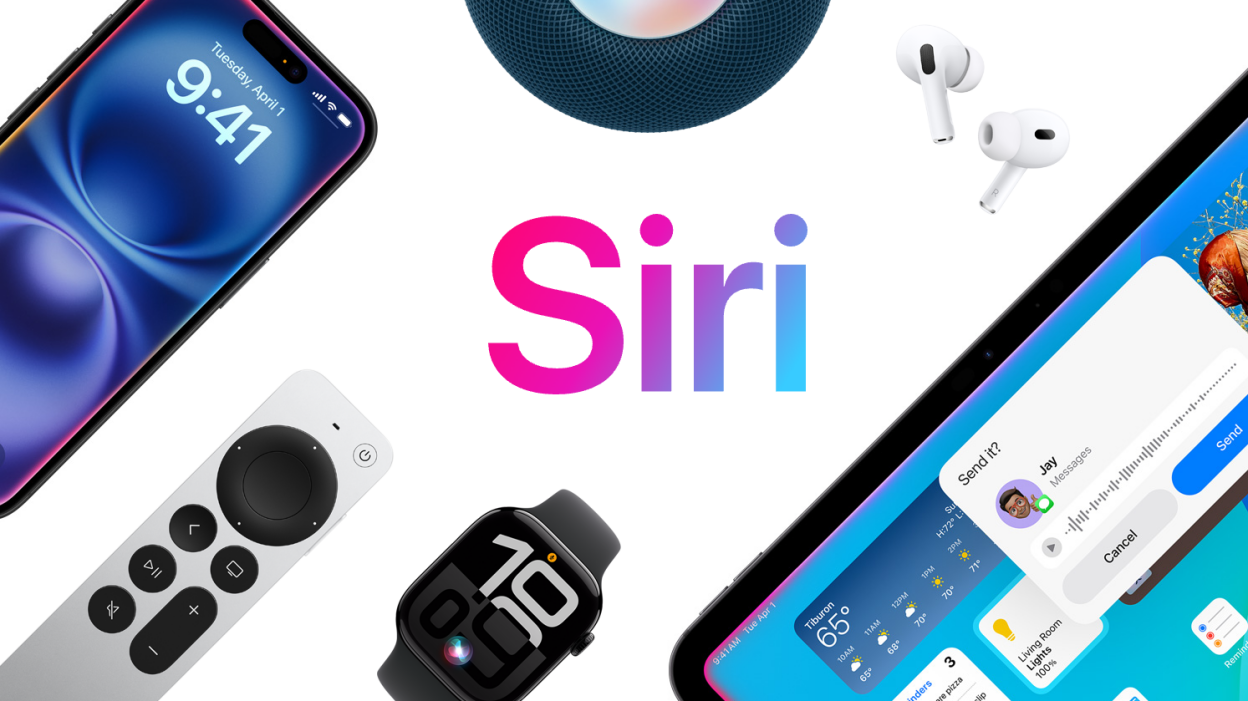Apple continues development of the next-generation Siri, a key component of its new AI vision, dubbed Apple Intelligence. However, this ambitious update, announced at WWDC 2024 and initially expected to be released in the spring of 2025, has been delayed due to technical difficulties. According to reliable source Mark Gurman, the new release is scheduled for spring 2026.
Siri is shifting its focus to third-party apps
The most revolutionary feature of the new Siri will be its ability to directly control the functions of third-party apps. Users will be able to execute commands like “Get an Uber ride” or “Text my mom on WhatsApp” without opening the apps themselves.
This integration will be achieved through Apple’s “App Intents” system. Developers will have limited time to adapt their apps to this new system. According to a note added to Apple’s developer documentation, Siri’s advanced capabilities, such as “understanding personal context, recognizing what’s on the screen, and performing in-app actions,” are currently under active development and will be available in a future software update.
Apple is known to be collaborating closely with leading app developers to perfect this new system. According to Mark Gurman’s report, some of the popular apps Apple is collaborating with during the testing and development phase include:
- Uber
- AllTrails
- Threads
- Temu
- Amazon
- YouTube
Gurman also noted that Apple is testing the system with several popular games, signaling that unexpected integrations are possible in the gaming world.
The primary reason for the delay is Apple’s hybrid approach. Rather than completely discarding Siri’s existing, legacy codebase, the company is working to integrate powerful new large language models (LLMs) into it. This complex integration process is requiring more engineering effort than anticipated.
Apple’s cautious approach may be driven by the challenges its rival Amazon has faced with a similar strategy. Amazon has launched its new “Alexa+” system, which augments its own virtual assistant Alexa with artificial intelligence. However, initial user feedback suggests that the new system is “What time is it?” This demonstrates that it is less reliable even for simple tasks that the old system performed flawlessly, such as logging, logging, and more.
This situation highlights the delicate balance that AI integration requires, and that acting hastily can even negatively impact the existing user experience. Apple’s decision to delay is being interpreted as a strategic move to avoid presenting users with problems similar to those experienced by Amazon.













